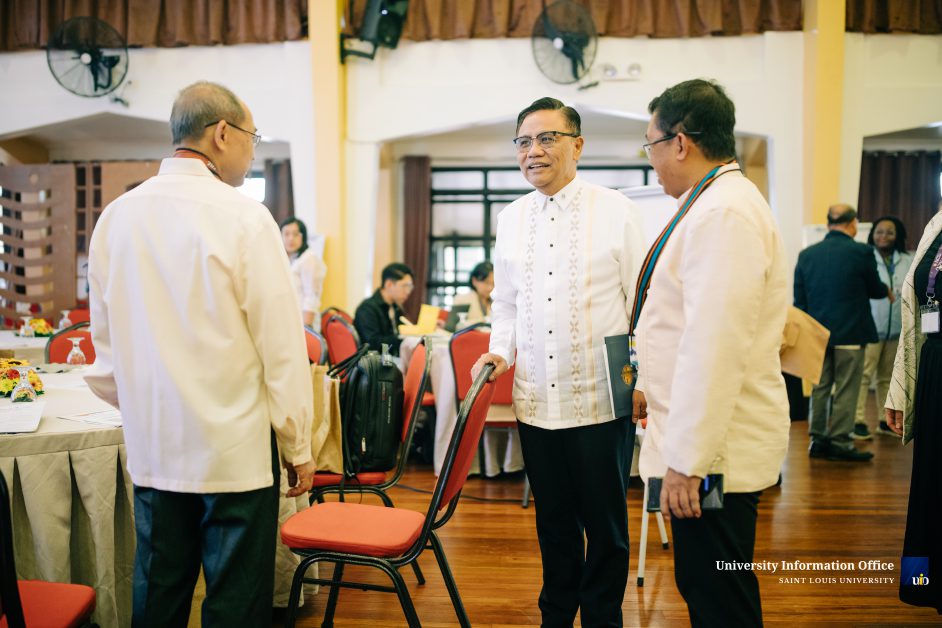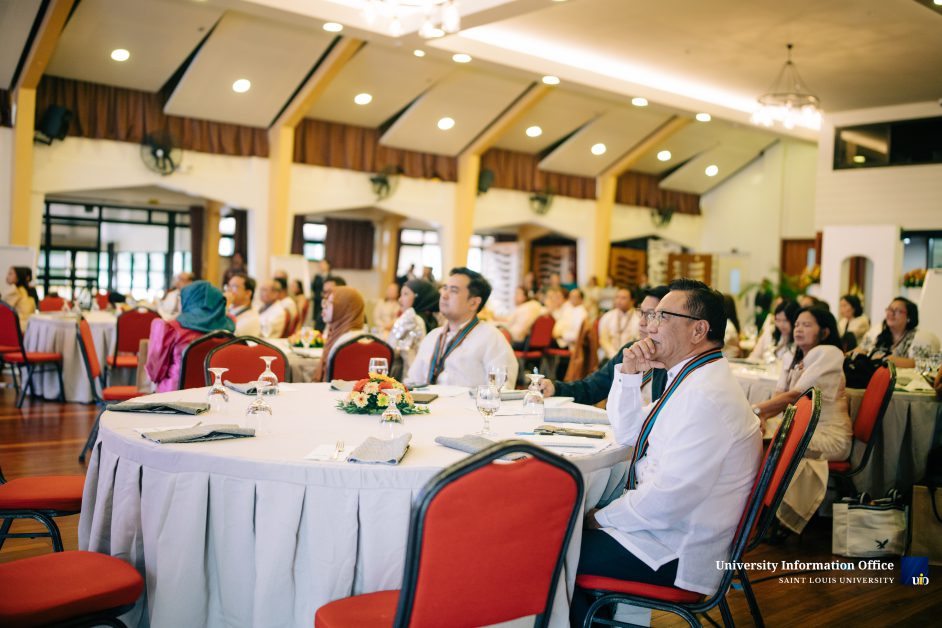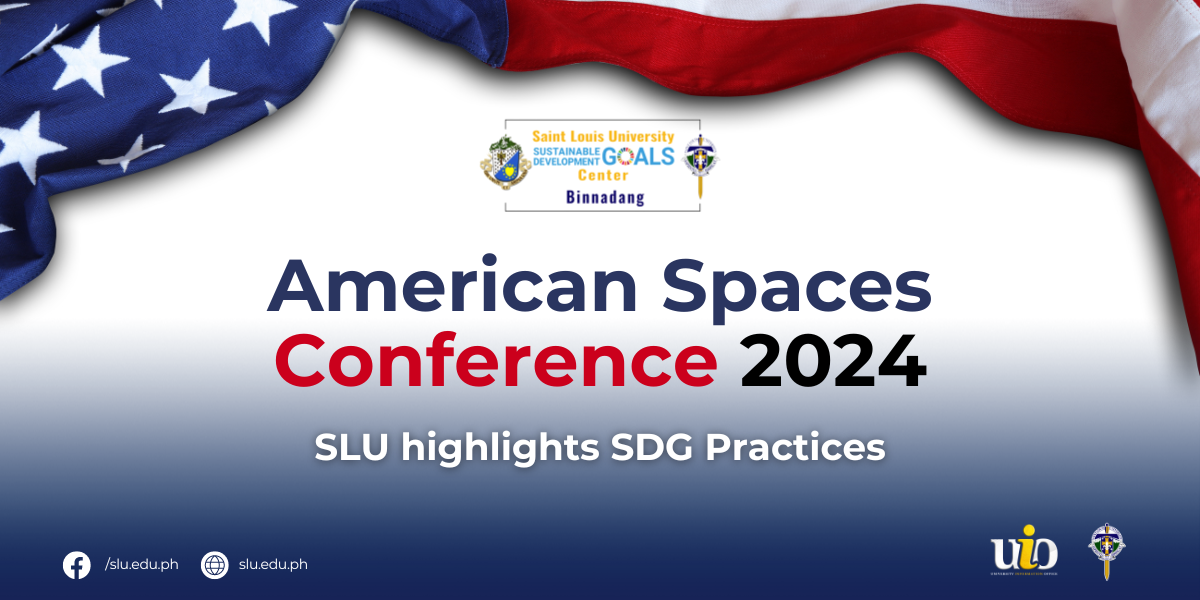Upholding Saint Louis University’s (SLU) commitment toward humanitarian advocacies and the United Nations Sustainable Development Goals (UN SDGs), SLU faculty and administration delegates presented the University’s relevant programs through their respective sessions during the three-day American Spaces Philippines Conference 2024, hosted by SLU in partnership with American Corner Baguio.
As the host Corner, American Corner Baguio was recognized by the U.S. Embassy in the Philippines for its exceptional mentorship and support in establishing its Affiliate Space, the Philippine Military Academy. It is through such endeavors that AC Baguio demonstrates its commitment to the SDG Goals fostering collaboration and partnership by offering valuable guidance and expertise.
The series of talks by the Louisian delegates not only promoted the University’s goal of fulfilling its social role as a Congregatio Immaculati Cordis Mariae (CICM) Catholic education institution in the service of nation-building but also showcased the seamless implementation, management, and monitoring of the planned programs dedicated to the 17 UN SDG Goals.
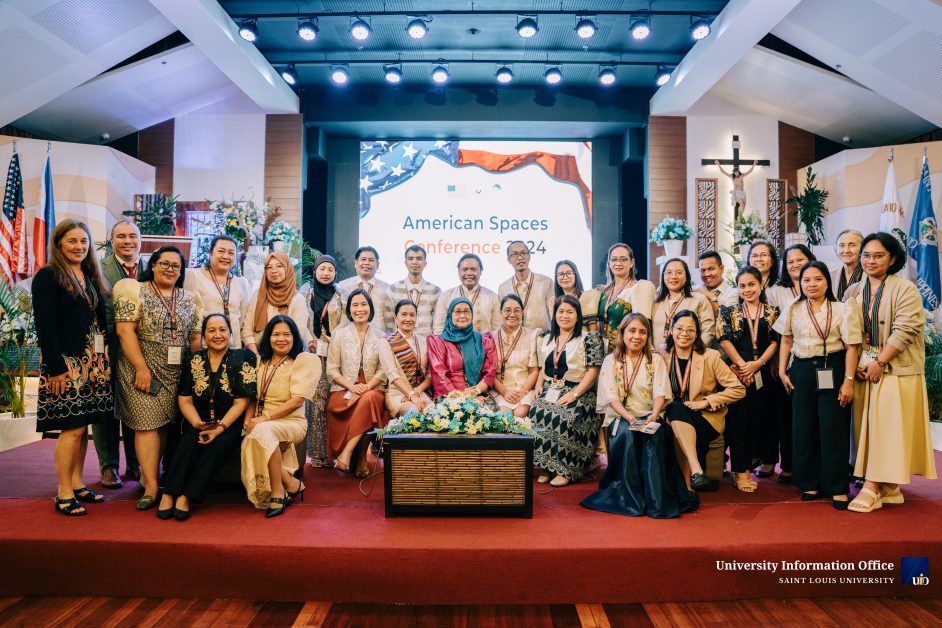
Strengthening the Implementation and Revitalization of global Partnership towards SDGs
Highlighting the concrete projects of Saint Louis University, the Executive Assistant to the President and Officer-in-Charge of the SLU Sustainable Development Goals (SDG) Binnadang Center, Joselito C. Gutierrez, PhD, shared the Louisian journey on ‘Strengthening the Implementation and Revitalization of Global Partnership Towards Full Implementation of UN-SDGs and the Six Pillars of American Spaces”, as the 6th session of the American Spaces Philippines Conference.
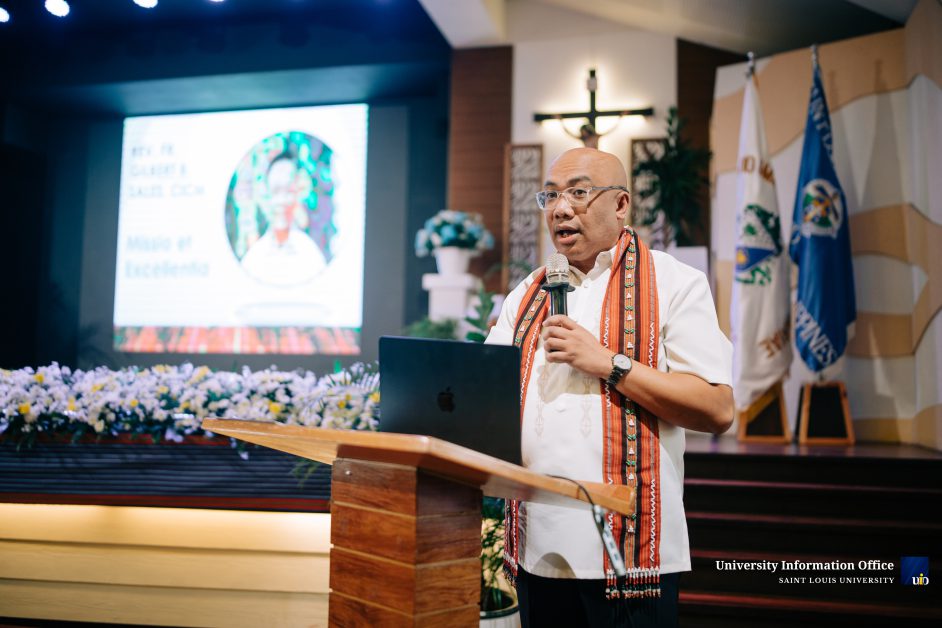
Revisiting the history and foundation of SLU as a CICM Catholic education institution, Dr. Gutierrez presented the key programs that placed the University among esteemed rankings and internationalization agencies, explaining their importance and alignment with the church advocacies, CICM thrusts, SLU Core Values, UN-SDGs, and the six pillars of American Spaces. “All programs prepared by SLU are all aligned with the 6 pillars of American Spaces,” Dr. Gutierrez stated. He then expressed the strong will of the University President to institutionalize and strengthen environmental conservation, gained through the various environmental memorandums aligned with the 7 Goals of Laudato Si.
Further, guided by Fr. Sales’ leadership tagline, Missio et Excellentia (Mission and Excellence), Dr. Gutierrez underscored that the University encourages its major stakeholders not only to excel in academic endeavors but also to contextualize the genuine essence and excellence-driven attitude of CICM Louisians with the stakeholders and the larger community. “In our actions and activities, whether academics, non-curricular, or spiritual extensions of programs, they must be done in the context of excellence. And he inspires us that God is praised in excellence,” he concluded.
Fostering Peace through Knowledge: The Role of Libraries in Peace Education and Conflict Resolution
SLU Vice President for Academic Affairs Felina P. Espique, PhD, gave an in-depth discussion on fostering peace through knowledge and the role of libraries in peace education and conflict resolution.
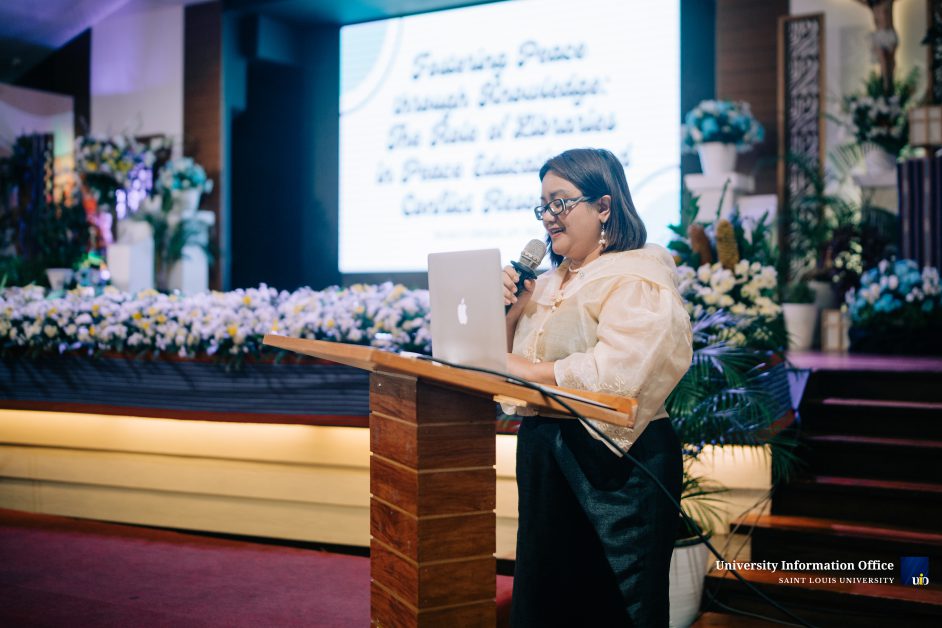
The first highlight of Dr. Espique’s talk was the opportunity for Saint Louis University (SLU) to engage in various UNESCO-funded projects. The university was audited for integration of different UNESCO goals and the standards and programs of the Department of Education (DepEd) and the Commission on Higher Education (CHED). One of the notable findings from the auditing process was how the different curricular programs and extension programs of SLU affirm peace education integration as a center of excellence for teacher education.
Further, Dr. Espique mentioned that building a culture of peace in an educational system is important and that libraries in American Corners play a vital role as hubs of exchange and learning. She then proceeded with recommending activities and programs for libraries to promote peace education and conflict resolution. Among them are peace-themed exhibits, workshops and lectures, film screenings and discussions, peace essay and art contests, peace research guides and resources, cultural programs and discussions, peacebuilding books clubs, shared gender and development programs, community service and volunteering opportunities, thematic peace week or month, online training with partners, digital peace campaigns, and museum visits.
Creating SMART Goals
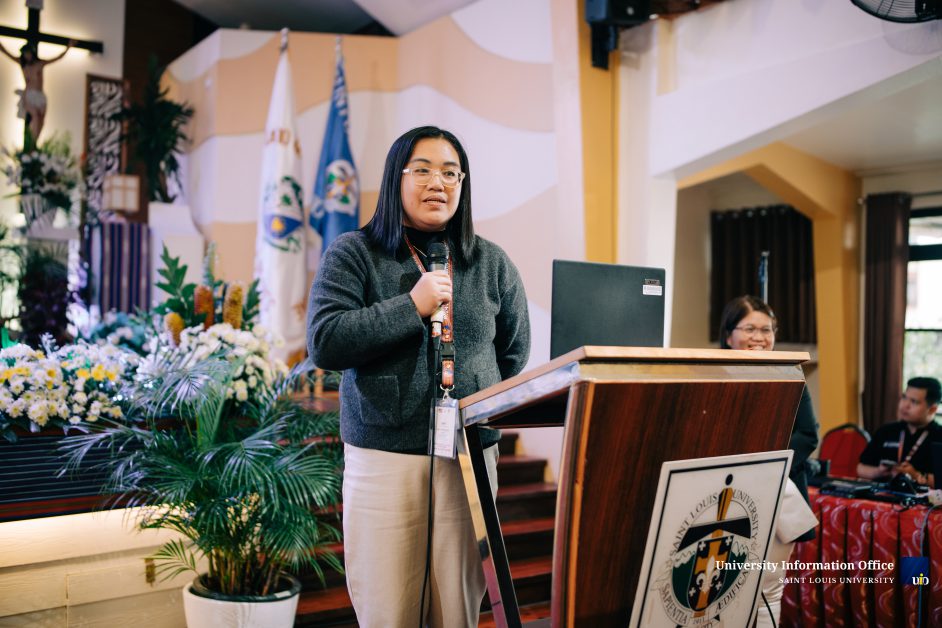
The workshop session on “Creating Specific, Measurable, Attainable, Realistic/Relevant, and Time-bound/Time-based (SMART) Goals” was facilitated by American Corner Baguio and University Libraries Director, Joey Gapasin, and AC Cotabato Director Charlyn Taca. They both shared their knowledge and experiences on the benefits, specific steps, components and application of the SMART Goals for their proposed programs, “Harmony through Understanding: Interreligious Dialogue” and “Conflict Resolution and Ecospeak: A Series of Talks on Sustainability” that were presented during the PY351: American Spaces Training at Vienna, Austria. These programs were developed with a focus on Integrated Country Strategies (ICS) Goals, considering the strategic directions of partner universities with which the programs are aligned. The said programs are set to be implemented in November and December 2024, respectively.
Empowering Libraries for a Sustainable Future: Advancing Climate Action and Environmental Protection for Librarians
SLU School of Nursing, Allied Health, and Biological Sciences (SONAHBS) faculty member Jennet E. Razo, PhD, tackled the empowerment of libraries for a sustainable future.
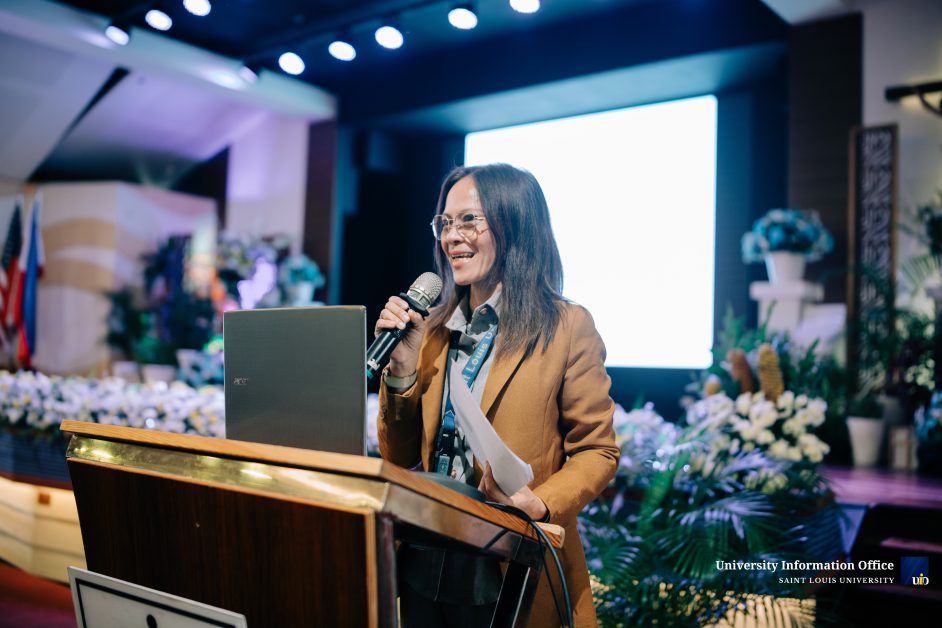
Specifically, Dr. Razo talked about the roles of libraries and librarians in advancing climate action and environmental protection in accordance with the 2030 Agenda for Sustainable Development. The implemented practices of libraries and librarians around the world were linked to each SDG, all of which could be adopted by libraries on a national scale. She then emphasized the position of libraries in climate action as community hubs for information on environmental issues and promoters of awareness and education on climate change and sustainability.
Librarians are encouraged to lead by example in promoting sustainability and climate action. Furthermore, libraries could receive training through emergency response and disaster preparedness and risk assessment tailored to local threats. “If we are to take action, we ought to do it now,” she emphasized.
SLU is committed to integrating its programs with the UN Sustainable Development Goals to promote sustainability and community impact while maintaining a standard of excellence. Through various initiatives, expanded programs, and strategic partnerships, SLU actively engages in projects that enhance educational and cultural development. This commitment not only supports the university’s mission but also reinforces its role in fostering global partnerships and advancing local community well-being. Furthermore, SLU’s sustainable practices serve as valuable models for other academic institutions, including those affiliated with American Spaces, helping to pave the way for a more sustainable future.
